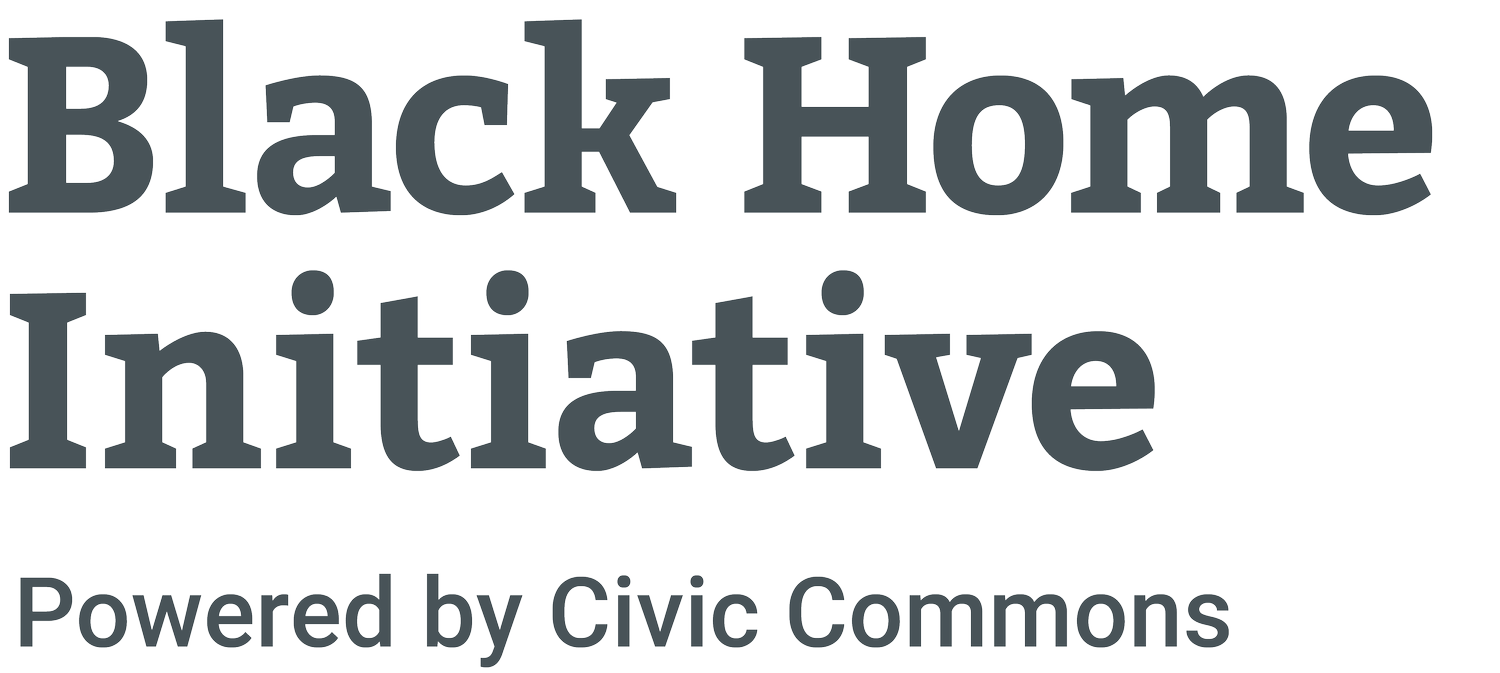What Generational Wealth Looks Like.
Elizabeth Perez, Executive Director, Washington Homeownership Resource Center
In 1968, my grandparents arrived in the United States from Cuba with my then-16-year-old mother and her sister, where they were resettled as refugees in Reno, Nevada. My grandfather worked late-night shifts as a dishwasher in a casino, and my grandmother labored in an industrial laundry facility. Before long, they relocated to Miami, where both continued to work grueling jobs but saved every penny they could. By 1970, they had become the proud owners of a small two-bedroom home.
That house became more than a shelter — it was the foundation of stability and possibility. Because my mother didn’t need to pay rent while she studied, she could attend college debt-free, eventually becoming the first in her family to earn a bachelor’s degree. The equity and security of that home set the stage for future generations, including me, to build on my grandparents’ sacrifices.
My own parents carried those lessons forward. Both came to the U.S. as Cuban refugees, meeting in Miami in 1980, and later moving our family of six to suburban Salt Lake City, where they had never been and knew no one, to seek a lower cost of living. They started with little, working as a dishwasher and a substitute teacher. They purchased a little three-bedroom house in front of a Salvation Army thrift store. My mom turned to the public library for resources on financial independence. She introduced me to books like Your Money or Your Life and taught me about saving, credit, and financial planning. We were really learning together! Through side hustles and renting out parts of our small home, my parents eventually owned their house outright and were able to retire with stability.
My parents’ home wasn’t just an asset. It was a refuge I returned to after an abusive relationship, a place my brothers and I relied on between school programs, and a safety net for loved ones during tough times. My home today, a modest fixer-upper, provides that same stability for my children, as well as an opportunity to build lasting memories and help strengthen our community.
This is what generational wealth looks like. It is rarely flashy estates or sudden inheritances from a long-lost relative, like in the Austen and Dickens novels I devoured in high school. Sometimes it’s a modest home, passed down with love, that provides safety, opportunity, and the tools to thrive.
But too many families, especially Black families in Washington state, have been systematically excluded from this opportunity. Redlining, predatory lending, exclusionary zoning, and rising housing costs have created significant barriers to homeownership and the accumulation of generational wealth. As a result, the Black homeownership rate in Washington lags significantly behind the white homeownership rate, and with it, the ability to build wealth across generations.
At the Washington Homeownership Resource Center (WHRC), we work every day to make sure more families have the opportunity to achieve and maintain homeownership. We know that success doesn’t stop at getting the keys, which is why we connect people to education, counseling, and resources to ensure long-term stability.
Through the Black Home Initiative (BHI), we are part of a bold regional effort to close the Black homeownership gap. BHI is working to expand access, dismantle barriers, and create the conditions where Black households can not only purchase homes but also build and preserve wealth for their children and grandchildren.
Generational wealth is the cornerstone of economic equity. It is both financial and educational: passing down assets, as well as the information, skills, and confidence to maintain them, much like my mom passed down her personal finance knowledge to me. My family’s story shows what’s possible when a safe and stable home is within reach. Our work at WHRC and BHI is about ensuring that every family, regardless of race, income, or immigration status, has that same chance to build a secure future.
If we are serious about equity, we must be serious about homeownership. If we are serious about homeownership, we must be serious about sustaining it across generations. Join us in this work: visit https://blackhomeinitiative.org/ for more information.


